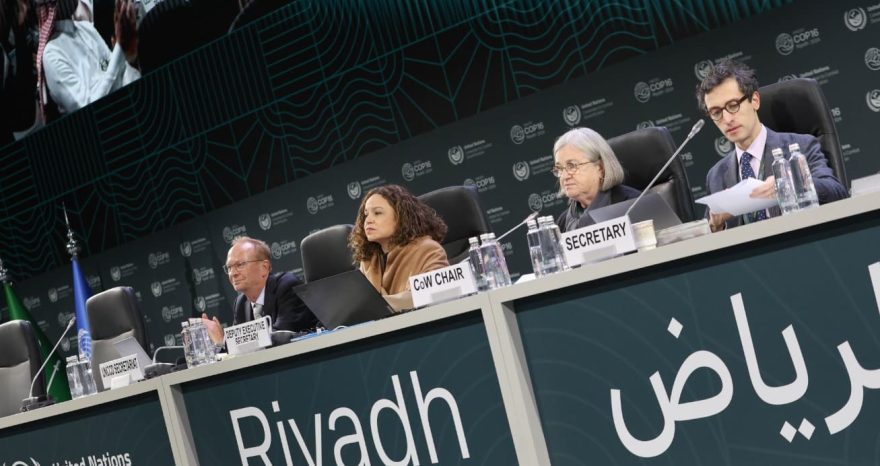Azerbaijan is one of the world's largest fossil gas producers and plans to expand extraction by 30% over the next decade. This is the assessment from Climate Action Tracker on the country that will lead the climate negotiations in November.

Baku’s Climate Policy Has Scrapped Its 2030 Emissions Target
In two months, it will host COP29, and for nearly a year now, it has been leading the international climate negotiations. However, it is not doing its homework. Azerbaijan’s climate policy ambition is “critically insufficient” compared to the trajectory needed to keep global warming below the 1.5 degree threshold.
This is the poor grade that Climate Action Tracker (CAT) gives to Baku. CAT regularly updates a database with evaluations of the climate policies of dozens of countries, including Italy. It is considered one of the most reliable independent sources for assessing whether governments’ decisions effectively combat the climate crisis.
The problem with Azerbaijan is not only that its climate policy is “far from” being aligned with the 1.5°C temperature limit of the Paris Agreement. Its emissions trajectory is diametrically opposed to what is needed. CAT’s projection is that the greenhouse gases generated by Baku, one of the world’s largest fossil gas producers, will increase by 20% by 2030.
In particular, methane emissions will skyrocket, directly linked to the country’s expected fossil gas production levels. However, to stay within 1.5 degrees, methane emissions should decrease by 66% by the end of the decade compared to 2020 levels.
And that’s not all. Instead of leading by example and pushing for greater climate ambition, Azerbaijan is backtracking. Baku “appears to have abandoned its 2030 emissions target,” its renewable energy goals remain “weak,” and the government is doing nothing to reduce its economic dependence on fossil fuels. On the contrary, over the next 10 years, the country aims to increase gas extraction by 30%. Currently, emissions from exported fossil fuels are already twice the amount of its domestic emissions.
The conclusion? “We expect that emissions under the current policies implemented by Azerbaijan will rise to 81-92 million tonnes of CO2 equivalent by 2030, about 13-28% more than 2020 levels, meaning its current policies are heading in the completely wrong direction to meet its weak climate targets, let alone 1.5°C compatibility,” writes CAT.
It’s no surprise that Baku “did not include the transition away from fossil fuels” agreed upon last year in Dubai at COP28 “in the agenda of its COP29 presidency,” the document that outlines the priorities for the next summit, and which should, at the very least, start from the same level of ambition as the previous conference.












